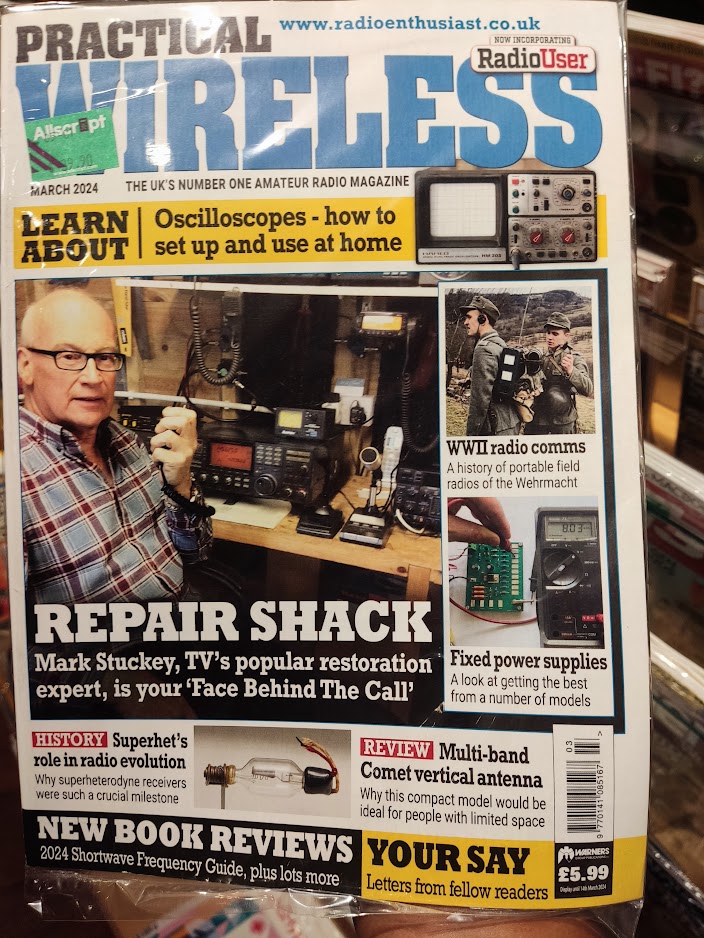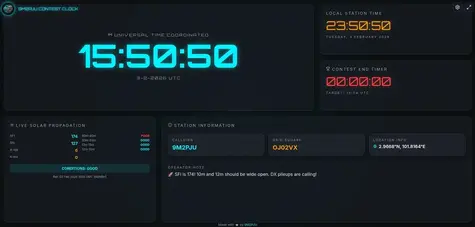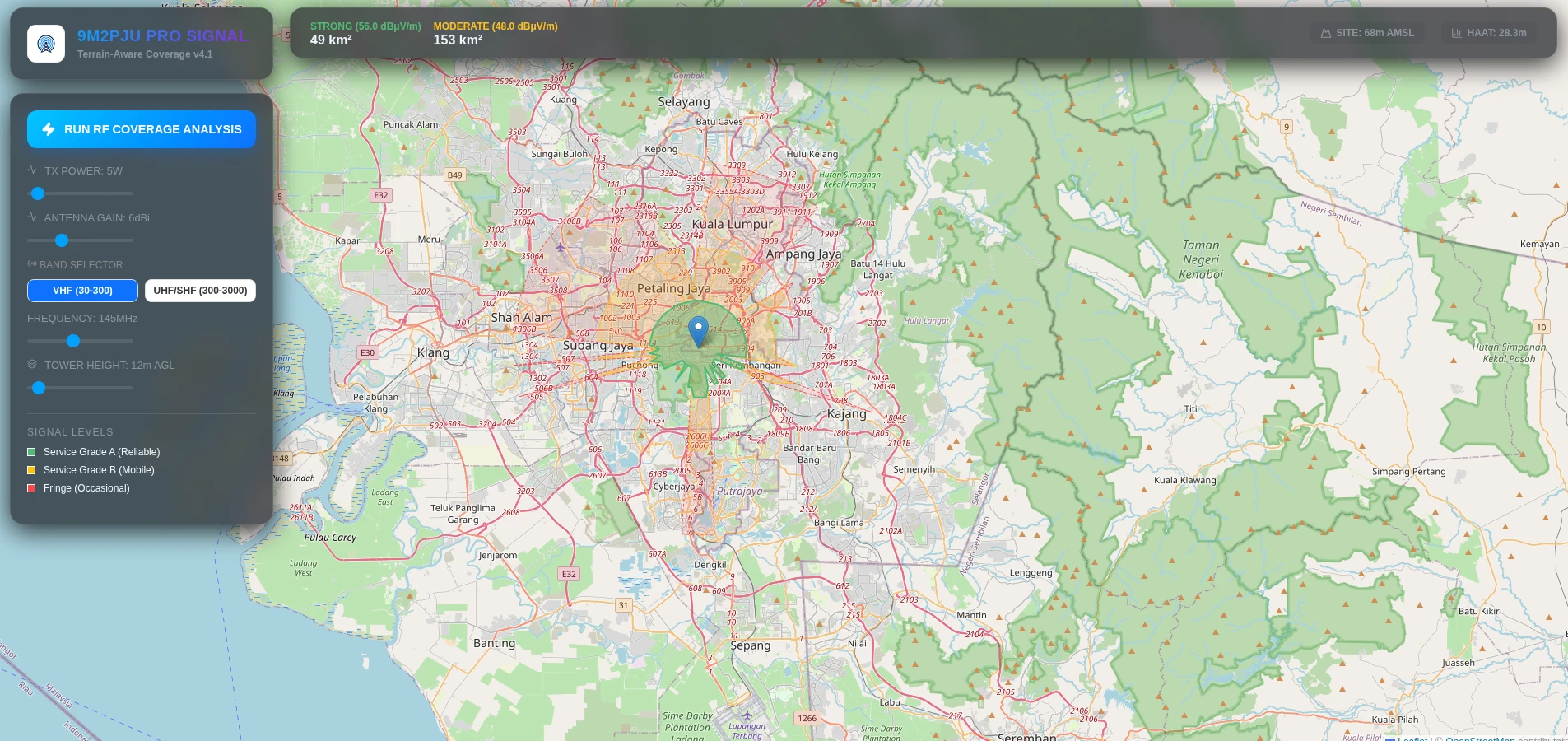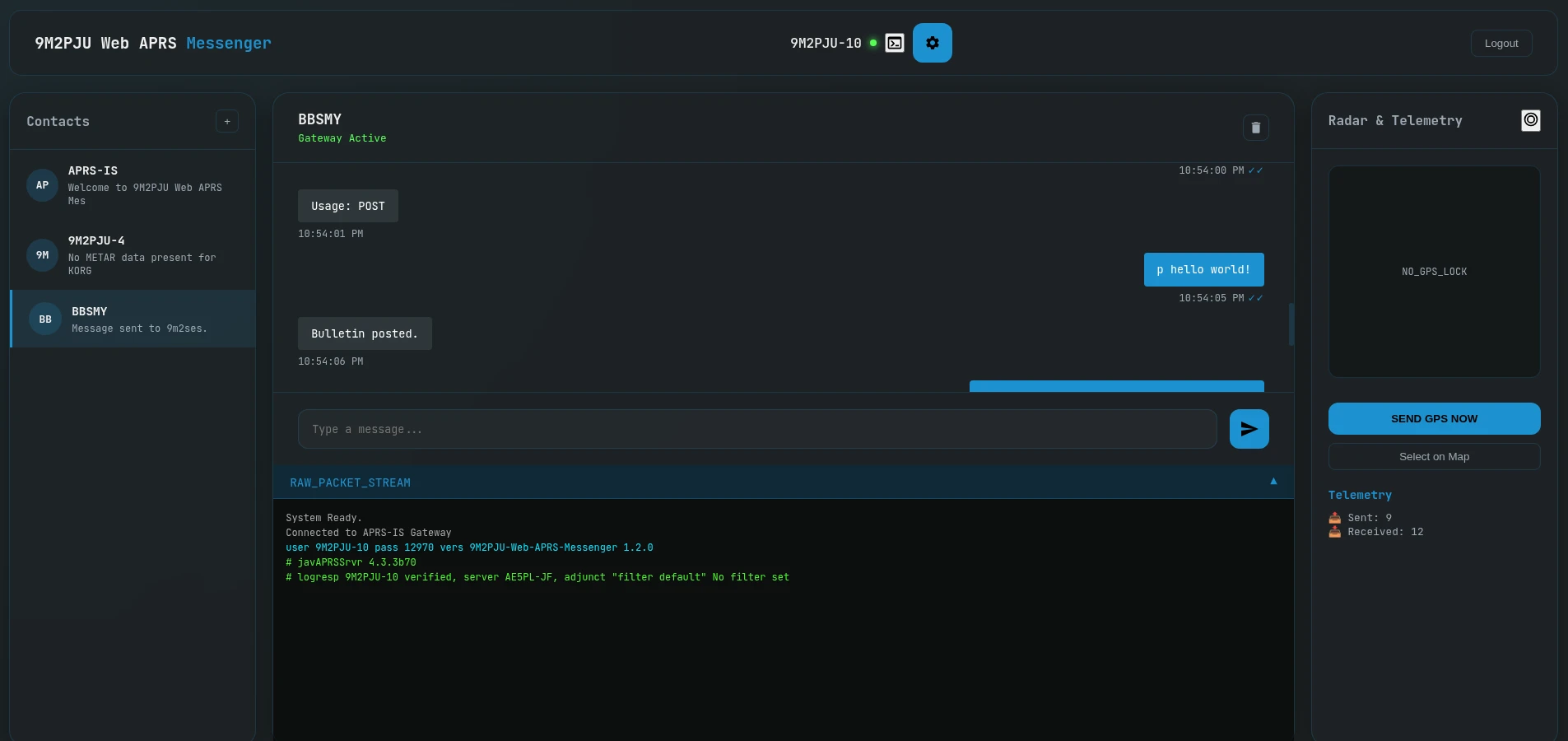amateur radio
DIY
do it yourself
equipment
experiment
ham radio
homebrew
maintenance
measuring tools
radio amatur
repair tools
amateur radio, antenna analyzer, antenna construction, DIY radio, frequency counter, ham radio, homebrew, multimeter, oscilloscope, power supply, QRO, qrp, radio building, radio community, radio enthusiasts, radio experimentation, radio kits, radio tools, signal generator, soldering, transceiver
9M2PJU
0 Comments
Homebrew in Amateur Radio
Homebrew in amateur radio refers to the practice of building and designing your own radio equipment from scratch or from kits. This DIY approach is a big part of the amateur radio culture and allows operators to customize their gear to their specific needs and preferences. Homebrewing fosters a deeper understanding of radio technology and encourages creativity and innovation. It also provides a sense of accomplishment and pride in using equipment that you have built yourself. The process of homebrewing can range from simple projects, like constructing a basic antenna, to more complex endeavors, such as designing a complete transceiver system. This hands-on experience is invaluable for gaining practical knowledge and skills in electronics and radio communication.
Building Transmitters and Receivers
Homebrew enthusiasts often build their own transmitters and receivers. This can range from simple QRP (low power) rigs to more complex high-power transmitters. Building your own equipment allows for a deeper understanding of radio technology and can be a rewarding experience. By constructing transmitters and receivers, operators can tailor their equipment to specific frequencies and operating conditions. This hands-on experience also helps in troubleshooting and repairing equipment, making operators more self-reliant and knowledgeable. Additionally, building your own gear allows for customization and optimization, ensuring that the equipment meets your specific needs and preferences. This process often involves learning about various components, circuit design, and soldering techniques, which can be both challenging and fulfilling.
Antenna Construction
Creating custom antennas is a common homebrew project. Operators might build dipole antennas, Yagi antennas, or even more complex designs. Homebrew antennas can be tailored to specific frequencies and operating conditions, providing better performance than commercial options. Building antennas allows operators to experiment with different designs and materials, optimizing their setup for maximum efficiency and range. This experimentation can lead to innovative solutions and a better understanding of antenna theory and propagation. Moreover, constructing your own antennas can be cost-effective and provide a sense of accomplishment. It also allows for flexibility in design, enabling operators to create antennas that are portable, durable, and suited to their specific operating environments.
Modifications and Repairs
Homebrew isn’t just about building from scratch; it also involves modifying and repairing existing equipment. This can include adding new features, improving performance, or fixing issues. Many amateur radio operators enjoy the challenge of troubleshooting and enhancing their gear. Modifying equipment allows operators to customize their setup to better suit their needs and preferences. It also provides an opportunity to learn about the inner workings of radio equipment and develop problem-solving skills. By making modifications, operators can extend the lifespan of their equipment and adapt it to new technologies and operating modes. This process often involves researching and experimenting with different components and techniques, which can be both educational and rewarding.
Experimentation
Homebrew allows for experimentation with different technologies and techniques. This can include trying out new modulation methods, experimenting with digital modes, or developing new communication protocols. The flexibility of homebrew projects encourages innovation and creativity. Experimentation is a key aspect of the amateur radio hobby, as it allows operators to push the boundaries of what is possible. By experimenting with new ideas and technologies, operators can contribute to the advancement of radio communication and discover new ways to improve their setup. This process often involves trial and error, as well as collaboration with other enthusiasts, leading to a deeper understanding of radio principles and the development of novel solutions.
Kits and Resources
There are many resources available for homebrew enthusiasts, including kits that provide all the necessary components and instructions for building various types of equipment. These kits can be a great starting point for those new to homebrewing, offering a guided introduction to the process. Kits often come with detailed instructions and support, making it easier for beginners to get started. They also provide a structured approach to learning, allowing operators to build their skills and confidence before tackling more complex projects. Additionally, many kits are designed to be modular, enabling operators to expand and customize their projects as they gain experience. This approach fosters a sense of accomplishment and encourages continued learning and experimentation.
Community and Sharing
The homebrew community is very supportive, with many operators sharing their designs, tips, and experiences online and at amateur radio clubs. This collaborative spirit helps newcomers learn and encourages the exchange of ideas and innovations. By participating in the homebrew community, operators can gain valuable insights and advice from more experienced enthusiasts. This sense of camaraderie and shared passion fosters a positive and inclusive environment, where everyone can learn and grow together. Online forums, social media groups, and local clubs provide platforms for discussion, collaboration, and mentorship, making it easier for newcomers to find support and resources. This community-driven approach also helps to preserve and advance the knowledge and skills associated with homebrewing.
Essential Tools for Homebrewing
Homebrewing in amateur radio requires a variety of tools to build, test, and troubleshoot equipment. Here are some essential tools that every homebrewer should have:
Soldering Iron
A soldering iron is a fundamental tool for assembling electronic circuits. It is used to solder components onto circuit boards. A good quality soldering iron with adjustable temperature control is essential for precise and reliable soldering. Proper soldering techniques are crucial for creating strong and durable connections, ensuring the longevity and performance of your homebrew projects. Investing in a high-quality soldering iron and learning proper soldering techniques can significantly improve the quality of your work and reduce the risk of damaging components.
Multimeter
A multimeter is a versatile tool used to measure voltage, current, and resistance. It is essential for testing and troubleshooting electronic circuits. A digital multimeter with a wide range of measurement capabilities is recommended for homebrewing. Multimeters help operators diagnose issues and verify the functionality of their circuits, making them an indispensable tool for any homebrewer. Understanding how to use a multimeter effectively can save time and prevent costly mistakes, as it allows for accurate measurement and identification of potential problems.
Oscilloscope
An oscilloscope is used to visualize electrical signals in a circuit. It allows you to see the waveform of signals and diagnose issues such as signal distortion or noise. While not essential for beginners, an oscilloscope is a valuable tool for more advanced homebrewing projects. Oscilloscopes provide a detailed view of signal behavior, helping operators fine-tune their equipment and identify potential problems. Learning to use an oscilloscope can enhance your understanding of electronic circuits and improve your ability to troubleshoot and optimize your projects.
Signal Generator
A signal generator produces electrical signals at various frequencies and amplitudes. It is used to test and calibrate radio equipment. A signal generator with a wide frequency range and adjustable output is useful for homebrewing. Signal generators help operators verify the performance of their transmitters and receivers, ensuring accurate and reliable communication. Using a signal generator can aid in the development and testing of new circuits and systems, providing a controlled and consistent signal source for experimentation.
Frequency Counter
A frequency counter measures the frequency of an electrical signal. It is used to verify the accuracy of oscillators and other frequency-generating circuits. A frequency counter with high precision is important for ensuring accurate frequency measurements. Accurate frequency measurements are crucial for maintaining proper operation and avoiding interference with other radio operators. Frequency counters can also be used to calibrate and adjust equipment, ensuring that it operates within the desired frequency range.
Power Supply
A reliable power supply is essential for powering your homebrew projects. A variable power supply with adjustable voltage and current limits is ideal for testing and developing electronic circuits. Power supplies provide a stable and consistent source of power, ensuring the proper operation of your equipment and preventing damage from voltage fluctuations. Investing in a high-quality power supply can improve the reliability and safety of your projects, as well as provide flexibility for different testing and development scenarios.
Antenna Analyzer
An antenna analyzer is used to measure the characteristics of an antenna, such as its impedance and SWR. It helps in tuning and optimizing antennas for better performance. An antenna analyzer is a valuable tool for homebrewing antenna projects. Properly tuned antennas are essential for efficient transmission and reception, making antenna analyzers a critical tool for any homebrewer. Using an antenna analyzer can simplify the process of designing and optimizing antennas, ensuring that they perform well in real-world conditions.
Hand Tools
Basic hand tools such as pliers, wire cutters, screwdrivers, and tweezers are essential for assembling and working with electronic components. A set of precision hand tools is recommended for homebrewing. These tools help operators handle small components and make precise adjustments, ensuring the quality and reliability of their projects. Having a well-organized and comprehensive set of hand tools can make the homebrewing process more efficient and enjoyable, as it allows for precise and accurate work.
Conclusion
Homebrew in amateur radio is a vibrant and essential part of the hobby. It fosters a deep understanding of radio technology, encourages creativity and innovation, and provides a sense of accomplishment. Whether you’re building a simple antenna or a complex transceiver, homebrewing offers endless opportunities for learning and exploration. With the right tools and a passion for experimentation, the possibilities are endless. Engaging in homebrew projects can also connect you with a community of like-minded enthusiasts, providing support, inspiration, and collaboration opportunities. Embracing the homebrew spirit can lead to a fulfilling and enriching experience in the world of amateur radio.







Post Comment